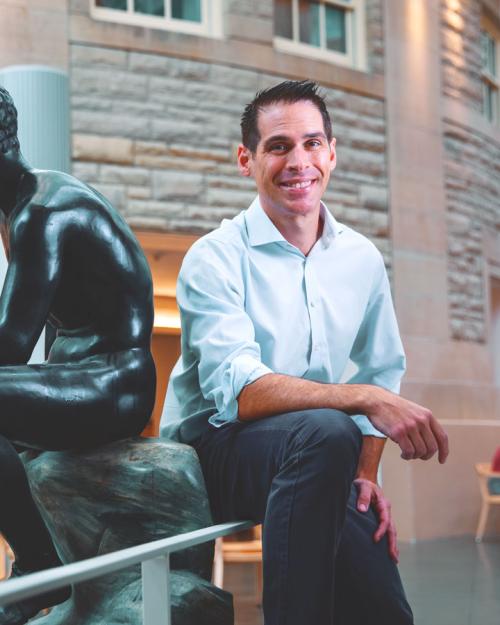Cornell’s Southeast Asia Program (SEAP) has received a $275,000 Luce Foundation award to strengthen graduate education in Southeast Asian studies by developing new mechanisms for sharing expertise and resources among major Southeast Asia centers across the United States.
The award, over four years, will allow Cornell and other federally funded National Resource Centers specializing in Southeast Asia to pool their resources and collaborate across institutional divides as the Graduate Education and Training in Southeast Asia Studies (GETSEA) consortium.
With Cornell as the institutional host, the initiative will provide inventive approaches and new opportunities such as mini-courses and graduate seminars via distance learning. It also will facilitate scholarly networks, mentoring and advising, and offer venues for shared language instruction.
The consortium will encourage and foster collaborative work and will support the next generation of Ph.D.s in international studies, preparing for careers in academia, diplomacy and civil service, and nongovernmental organizations.
Consortium members also include the National Resource Centers on Southeast Asia at the University of Michigan; Northern Illinois University; the University of Hawaii, Manoa; the University of Washington; the University of Wisconsin, Madison; the University of California, Los Angeles; and the University of California, Berkeley.
“The resources are so scarce, we can’t see ourselves as competitors,” said SEAP Director Abby Cohn, professor of linguistics in the College of Arts and Sciences. “Southeast Asia is considered a very small region, though, in fact, it has the combined population of Western Europe. … It’s such a critical area of the world, we feel Cornell can and should take a leadership role in this cooperative work. We don’t think institutions can continue to be siloed the way they have been.”
GETSEA activities at Cornell and beyond will include forming a graduate advisory council for input on course design and programming; building “infobanks” as databases of expertise across the field; and providing funding for students to take language instruction at another institution or to bring overseas scholars to member institutions.
Cohn said the scholarly databases will be a resource for graduate students to find answers to such questions as: Who does anthropology in Myanmar? Who has a field site in Laos? Who’s doing environmental work in Malaysia?
Prior to establishing the consortium, Cornell “has played a very active role” in Southeast Asia studies graduate training, library and language initiatives, Cohn said.
“The Echols Collection in Kroch Library is arguably the strongest Southeast Asia collection in the world, and Cornell is unusual in the field in that we have six full-time instructors providing multi-level language instruction,” in Filipino/Tagalog, Indonesian, Thai and Vietnamese, as well as both Burmese and Khmer, she said.
SEAP has been a leader in the field since its founding and will celebrate its 70th anniversary in September. It is part of the Mario Einaudi Center for International Studies.
Expertise and depth across the consortium is a plus for Cornell students like Sarah Meiners, a graduate student in the field of history who took Hmong language instruction last summer at the University of Wisconsin’s Southeast Asia Studies Institute. She continued her language studies via distance learning during the 2019-20 academic year.
“We’d been saying we should be doing shared seminars, but there was a reticence toward that,” Cohn said. “In a way, COVID has shown people how feasible some of these things are. Since April, all of these key institutions, whenever they’ve done a conference or seminar on Southeast Asia, have made them open to the broader community. We’ve done a proof of concept of the ability to do that.”
The award is one of four grants through the Luce Initiative on Southeast Asia competition to fund innovative, collaborative efforts in the often marginalized and under-resourced field. It is among $12.6 million in new grants from the foundation, reflecting in part an emphasis on addressing COVID-19 impacts on higher education – which include limiting in-person meetings and restrictions on international and domestic travel.
“The project seems all the more important and timely in light of the challenges that universities are facing,” Wendy Wolford, vice provost for international affairs, wrote in her letter of support to the foundation. “We are eager to see what parts of the project might serve as a model for other regionally focused area studies programs.”
Read the story in the Cornell Chronicle.




